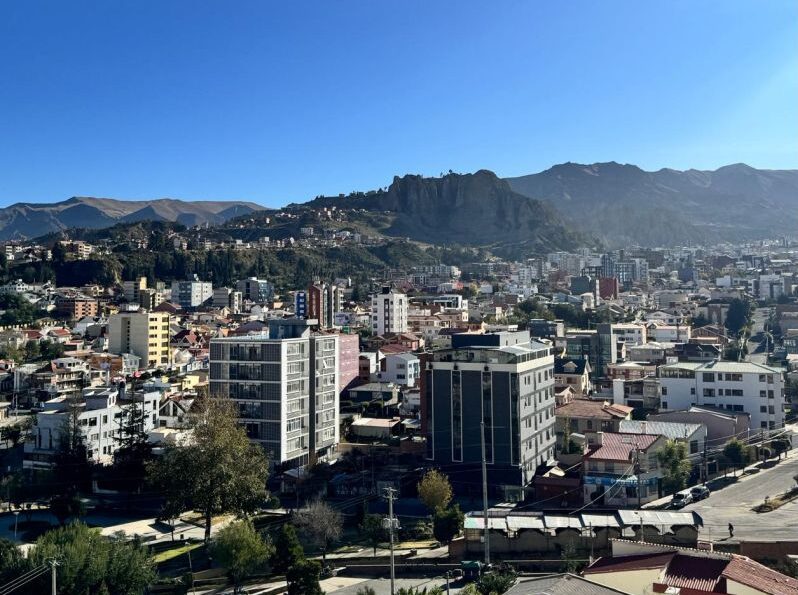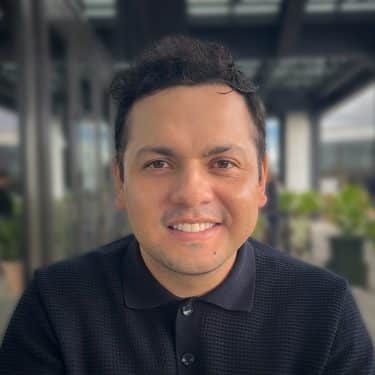
PROJECT UPDATE
Project Overview
This initiative supported Bolivia’s Plurinational Observatory of Educational Quality (Observatory or OPCE) of the Ministry of Planning in enhancing the curriculum and political framework of Comprehensive Sexual Education (CSE) in Bolivia.
Project Profile
The Technical Assistance Partnership—Expert Deployment Mechanism (TAP-EDM), along with Alejandro Rodríguez Aguirre, a Canadian expert in Comprehensive Sexual Education (CSE), collaborated with Bolivia’s Observatory of Educational Quality to enhance the curricular and political framework of comprehensive sexual education (CSE). The Observatory aimed to address the gaps in the frameworks and to develop specific content, policies, and strategies for national implementation of CSE, guided by the United Nations technical guidelines and aligned with Bolivia’s plurinational context and approach.
This initiative conducted qualitative research through the Observatory, examining CSE’s content, communications, and training. It also explored teacher training characteristics and the perspectives of parents and students based on their experiences.
The national expert researched 20 educational units in La Paz, Santa Cruz, Tarija, Pando, and Potosí, drawing on the experience of various educational system actors. Alejandro and the national expert identified the existing challenges. They provided recommendations to adjust and reorient the curriculum content and the training related to CSE based on Canadian and international standards of CSE.
Key Deliverables
- Capacity Support and Training
- Conducted five individual workshops to discuss the importance and application of the curriculum
- Delivered a one-day workshop to reinforce practical skills for delivering CSE sessions
- Conducted a three-day workshop to deepen the understanding of the initiative
- Held a one-day workshop and strategic meeting to share preliminary findings and provide recommendations
- Technical Support and Knowledge Products
- Developed a workplan, interview guidelines, and schedule
- Compiled transcripts and individual reports and shared through a central repository
- Produced a report analyzing good practices and implementation experiences
- Developed a learner and facilitator’s guide for the national training-of-trainers program
- Produced an analytical report on the curriculum
Project Outcomes and Lessons Learned
The initiative strengthened the capacity of the Plurinational Observatory of Educational Quality to conduct research and make policy recommendations on comprehensive sexuality education (CSE) to reduce gender gaps.Key lessons learned include the importance of adapting CSE content to Bolivia’s intercultural and linguistic context, engaging local educators to ensure relevance and acceptance, and fostering respectful dialogue to address diverse perspectives. Effective logistical planning also contributed to smooth workshop delivery and strong participant engagement.
Direct Project Reach:
- 114 participants engaged through activities conducted and project deliverables
Public Engagement (Canada):
- 41 Canadians reached through outreach and engagement activities
Public Engagement Activities:
- Canadian expert Alejandro Rodríguez Aguirre:
- Participated in Webinar: Building Capacity to Make Rights a Reality
- Attended the TAP-EDM 4th Knowledge Harvest and Closing Event in Montreal
- Published articles:

